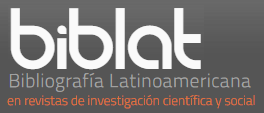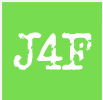Dental health education: team work and psychosocial factors
DOI:
https://doi.org/10.5433/1679-0367.1997v18n1p15Keywords:
Dental Caries, Prevention & control, Dental Health Education, Patient Care Team.Abstract
Education is the essential point of any health program Results are significant when they promote positive changes in human behavior. The present study is about psychosocial factors involved in the change of human l1ehavior related to oral health, connecting this change with dental caries educational -preventive work realized by the dental team work, as well as the compatibility of this work with Londrina s Health Secretary Program. The sample consisted of 433 parents of children aged 0 to 14 years old attended by the net of Health Basic Units of Londrina, 107 professionals of the dental services provided in this network and their respective coordinator. All the answers were obtained by the application of questionnaires. The results show that the educational-preventive work of dental caries realized by the professionals agree with that proposed by the Health Secretary, and have produced positive reflections on the knowledge and behavior of the people about oral health. The findings suggest the incentive to the formation and the introduction of a higher number of dental therapists and dental auxiliaries for the Higher assistance coverage of the population with low costs to the city.
Downloads
Downloads
Published
How to Cite
Issue
Section
License
Copyright (c) 2010 Semina: Ciências Biológicas e da Saúde

This work is licensed under a Creative Commons Attribution-NonCommercial 4.0 International License.
adopts the CC-BY-NC license for its publications, the copyright being held by the author, in cases of republication we recommend that authors indicate first publication in this journal.
This license allows you to copy and redistribute the material in any medium or format, remix, transform and develop the material, as long as it is not for commercial purposes. And due credit must be given to the creator.
The opinions expressed by the authors of the articles are their sole responsibility.
The magazine reserves the right to make normative, orthographic and grammatical changes to the originals in order to maintain the cultured standard of the language and the credibility of the vehicle. However, it will respect the writing style of the authors. Changes, corrections or suggestions of a conceptual nature will be sent to the authors when necessary.
This Journal is licensed with a license Creative Commons Assignment-NonCommercial 4.0 International.

















